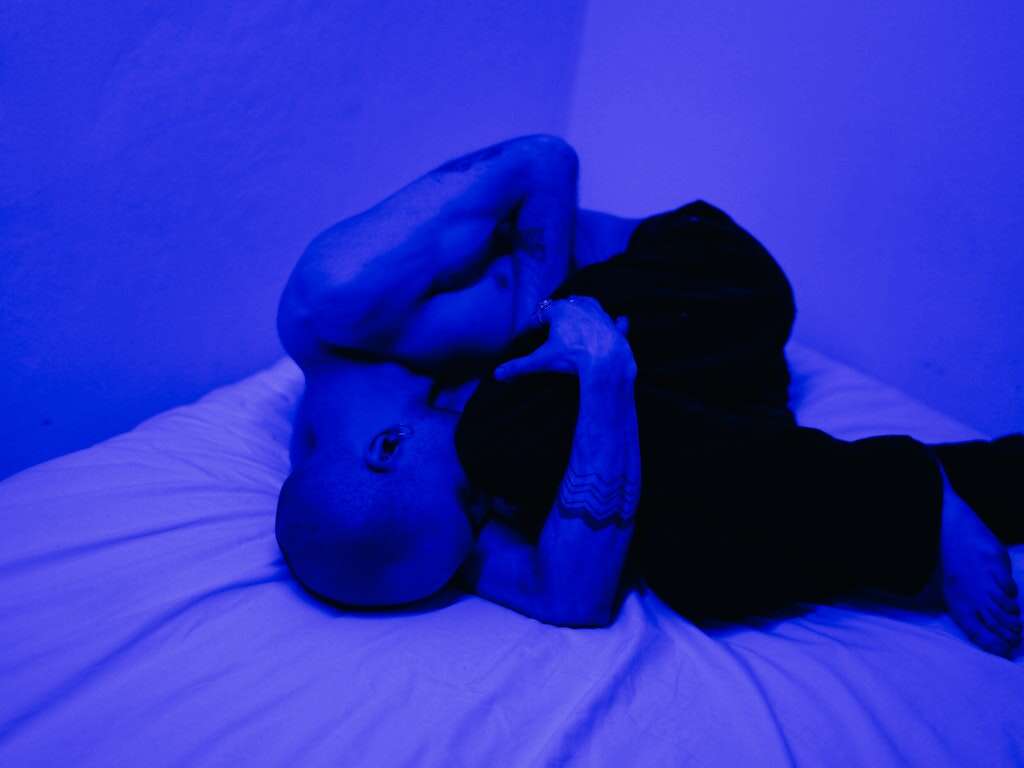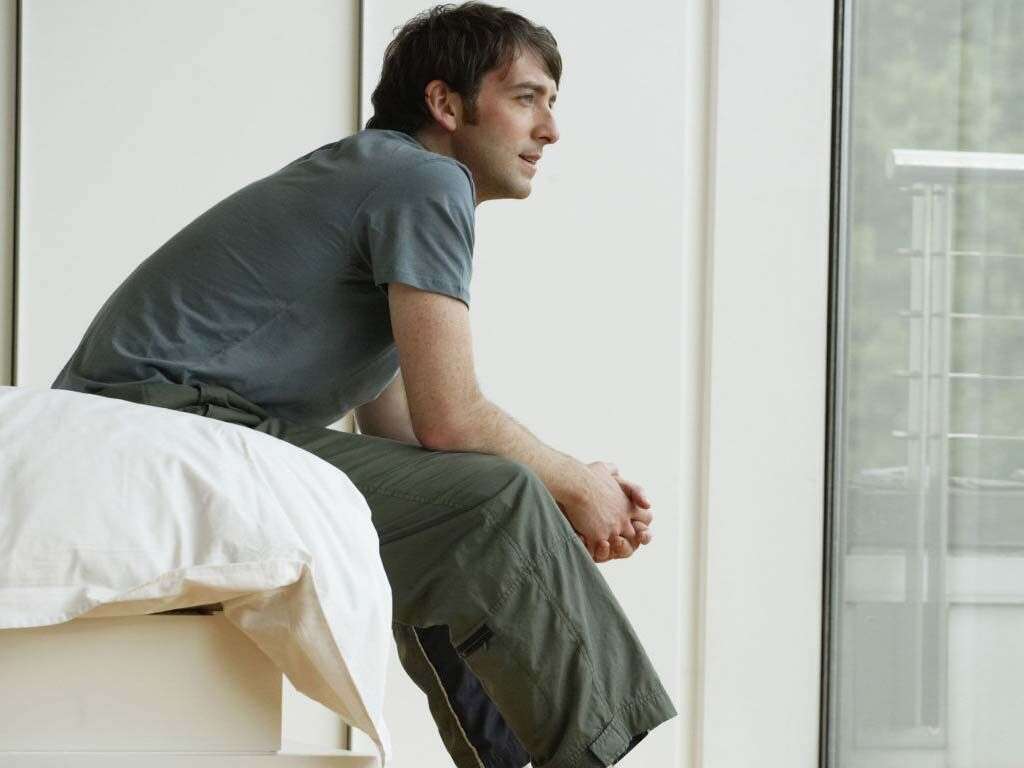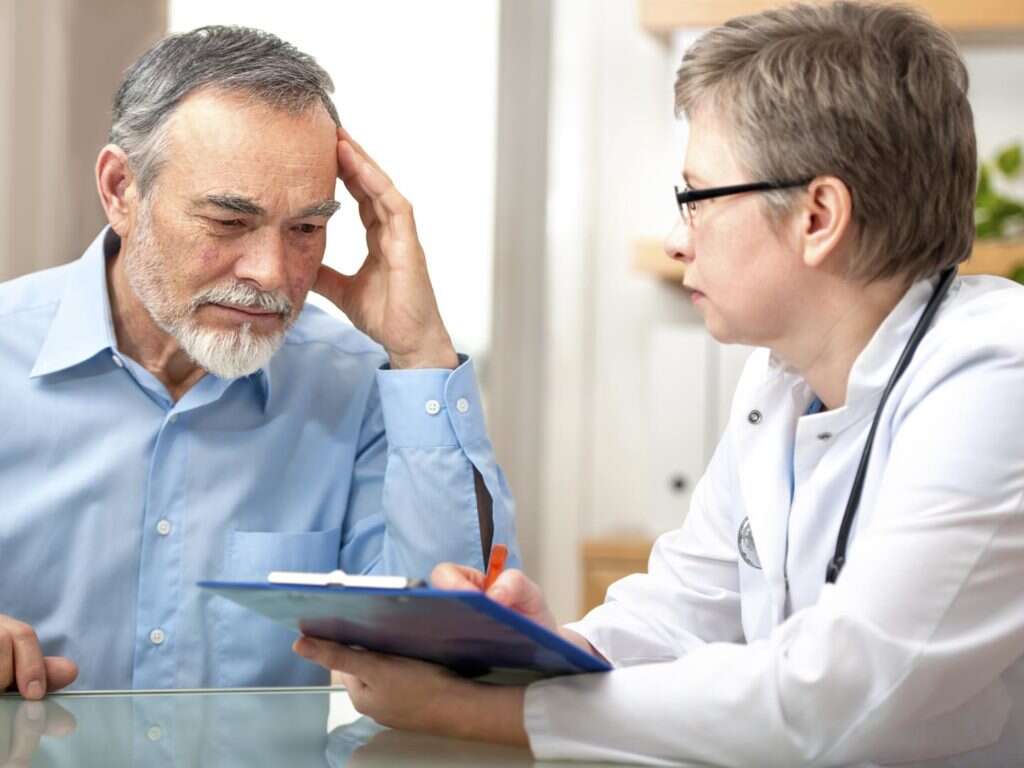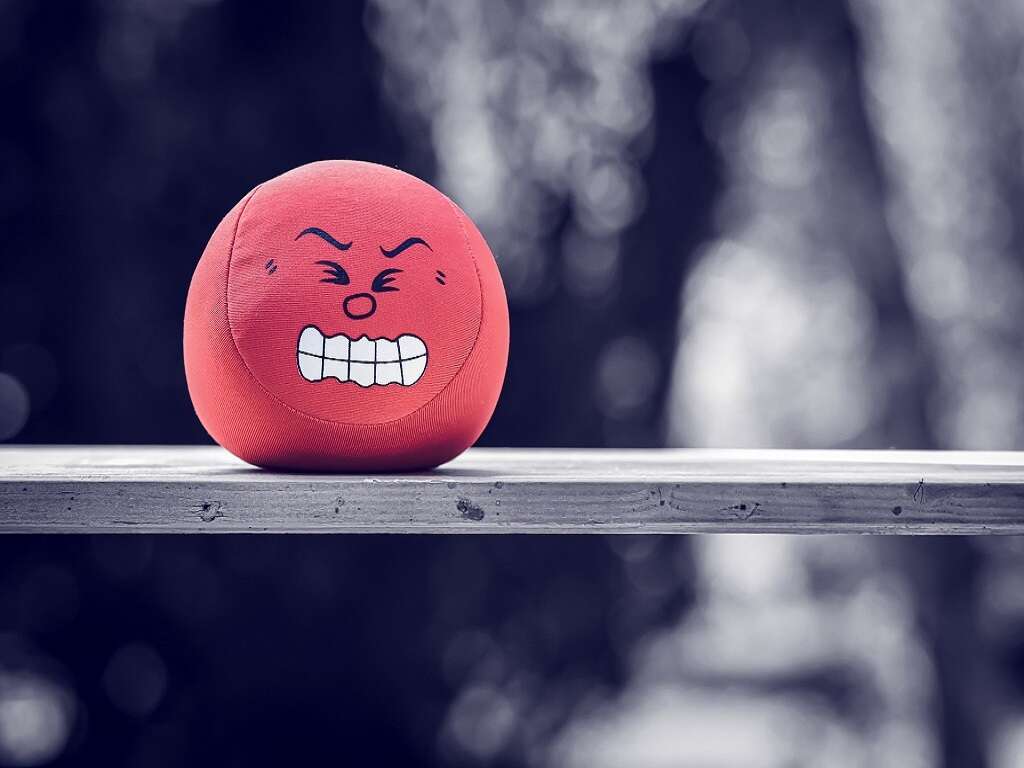10 Epididymitis Symptoms
 Article Sources
Article Sources
- 1. James, Emma R, et al. 'The Role of the Epididymis and the Contribution of Epididymosomes to Mammalian Reproduction.' International Journal of Molecular Sciences, MDPI, 29 July 2020, [www.ncbi.nlm.nih.gov/pmc/articles/PMC7432785/](https://www.ncbi.nlm.nih.gov/pmc/articles/PMC7432785/)
- 2. 'Male Genital Dysaesthesia.' Male Genital Dysaesthesia | DermNet NZ, dermnetnz.org/topics/male-genital-dysaesthesia/
- 3. Nickel, J Curtis. 'Chronic Epididymitis: a Practical Approach to Understanding and Managing a Difficult Urologic Enigma.' Reviews in Urology, MedReviews, LLC, 2003, www.ncbi.nlm.nih.gov/pmc/articles/PMC1553215/
- 4. Epididymitis and Orchitis. 'What Is Epididymitis? '- Urology Care Foundation, [www.urologyhealth.org/urology-a-z/e/epididymitis-and-orchitis.](http://www.urologyhealth.org/urology-a-z/e/epididymitis-and-orchitis.)
- 5. Zhao, Hu, et al. 'The Immune Characteristics of the Epididymis and the Immune Pathway of the Epididymitis Caused by Different Pathogens.' Frontiers, Frontiers, 5 Aug. 2020, www.frontiersin.org/articles/10.3389/fimmu.2020.02115/
Pelvic Pain
Epididymitis is commonly caused by two sexually transmitted diseases, gonorrhea and chlamydia. But whether it's due to an STI or minor trauma such as a groin injury or a UTI, some people may experience pelvic pain with epididymitis.
Simple activities such as cycling can result in pelvic pain. Urinary tract infections are also sometimes to blame, as is cystitis, which causes the bladder to inflame. Placing a heating pad on the area of pain may provide temporary relief.
Advertisement









